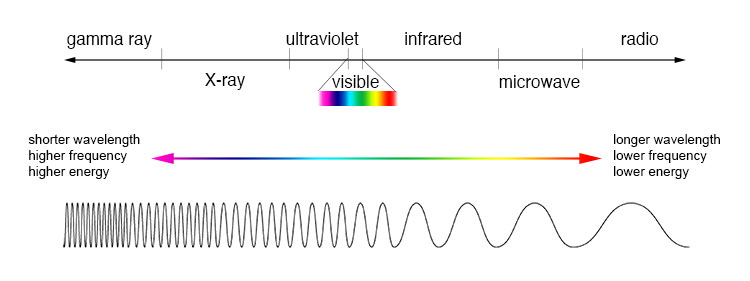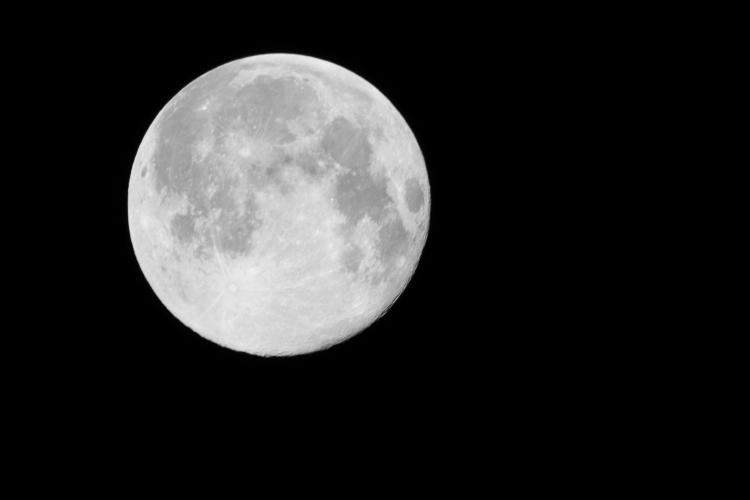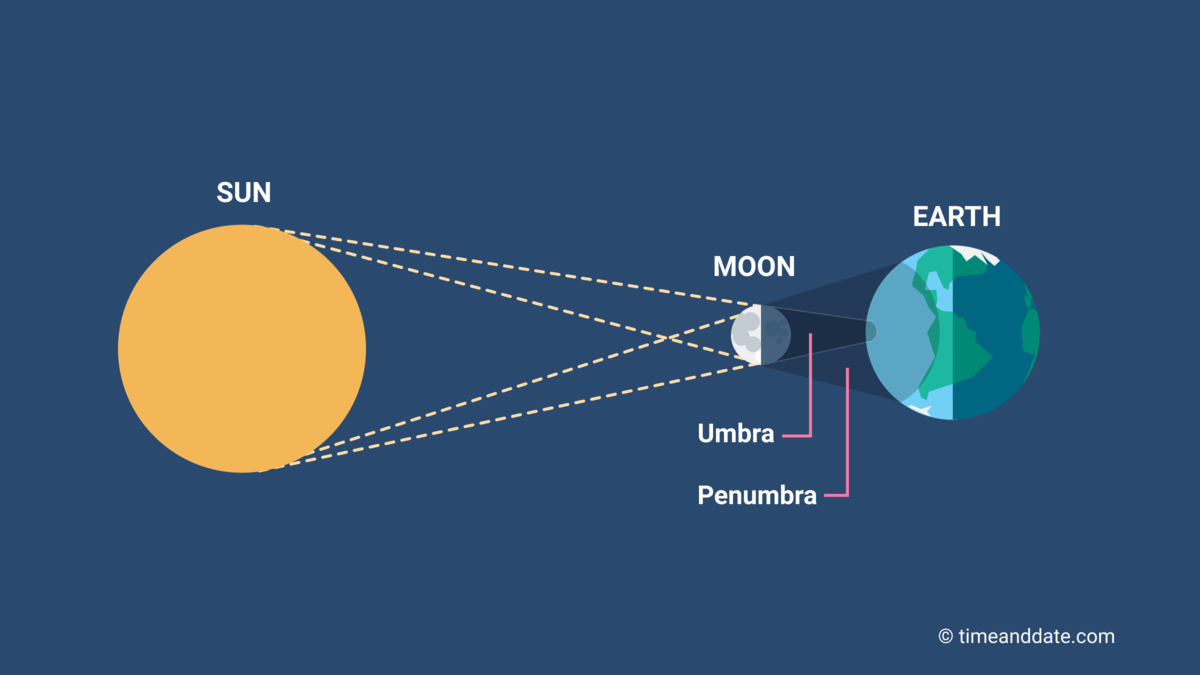Fill in the blank: The Earth revolves around the _____.
Sun
The approximate amount of time between moon phases.
Approximately 3.5 days
The Moon Phases that cause Spring Tides.
New and Full moons
The radiation with the longest wavelength.

Radio Waves
Draw a diagram of a full moon phase.

The cause of a year on Earth.
Earth's Revolution around the Sun
How much of the moon is always illuminated by the sun?
Half of the moon
The moon phase that is occurring during a total lunar eclipse.
Full Moon
The type of radiation with a wavelength that is shorter than infrared and longer than ultraviolet.

Visible light
The amount of days it takes the Moon to complete one cycle of phases.
Approximately 29.5 days
Why can the Moon can be seen at night from Earth?
The Moon reflects light from the sun
Draw the phase that would come after a third quarter phase.
What is a waning crescent?

The phases of the moon that create the lowest tidal range.
First and Third quarter moon phases
The type of radiation that has a higher frequency than visible light and a lower frequency than x-rays.

Ultraviolet
The season that occurs in the northern hemisphere when the southern hemisphere is tilted towards the Sun.
Winter
Seasons are caused by this.
The tilt of Earth's axis
Draw a first quarter moon phase.

Draw a solar eclipse. Label the moon phase this occurs during and label the earth, sun, and moon.
The new moon phase

Describe the two factors that have an impact on gravity and how they affect gravity.
MASS, the more massive the object the greater its gravity, and DISTANCE, the closer two objects are the stronger the gravity between them
Describe how the Earth, Sun, and Moon are positioned relative to one another during a New Moon and why this causes us to see what we see.
The Moon is between the Sun and Earth so we only see the dark side of the Moon because the lighted side is facing away from Earth
The rotation of Earth causes this.
Night and day
The Moon Phase you will be in after 11 days if you are currently seeing a waning gibbous.
The New Moon
Describe why more people can see a lunar eclipse than a solar eclipse.
Because the Earth's shadow is larger so the entire Moon fits in the umbra; only people in the Moon's umbra can see a total eclipse during a solar eclipse (moon has a smaller shadow)
Describe how frequency and wavelength are related to one another.
As frequency increases, wavelength decreases (or vice versa)
Describe the reason why the same side of the moon always faces the Earth.
Because the Moon's period of rotation is the same as its period of revolution